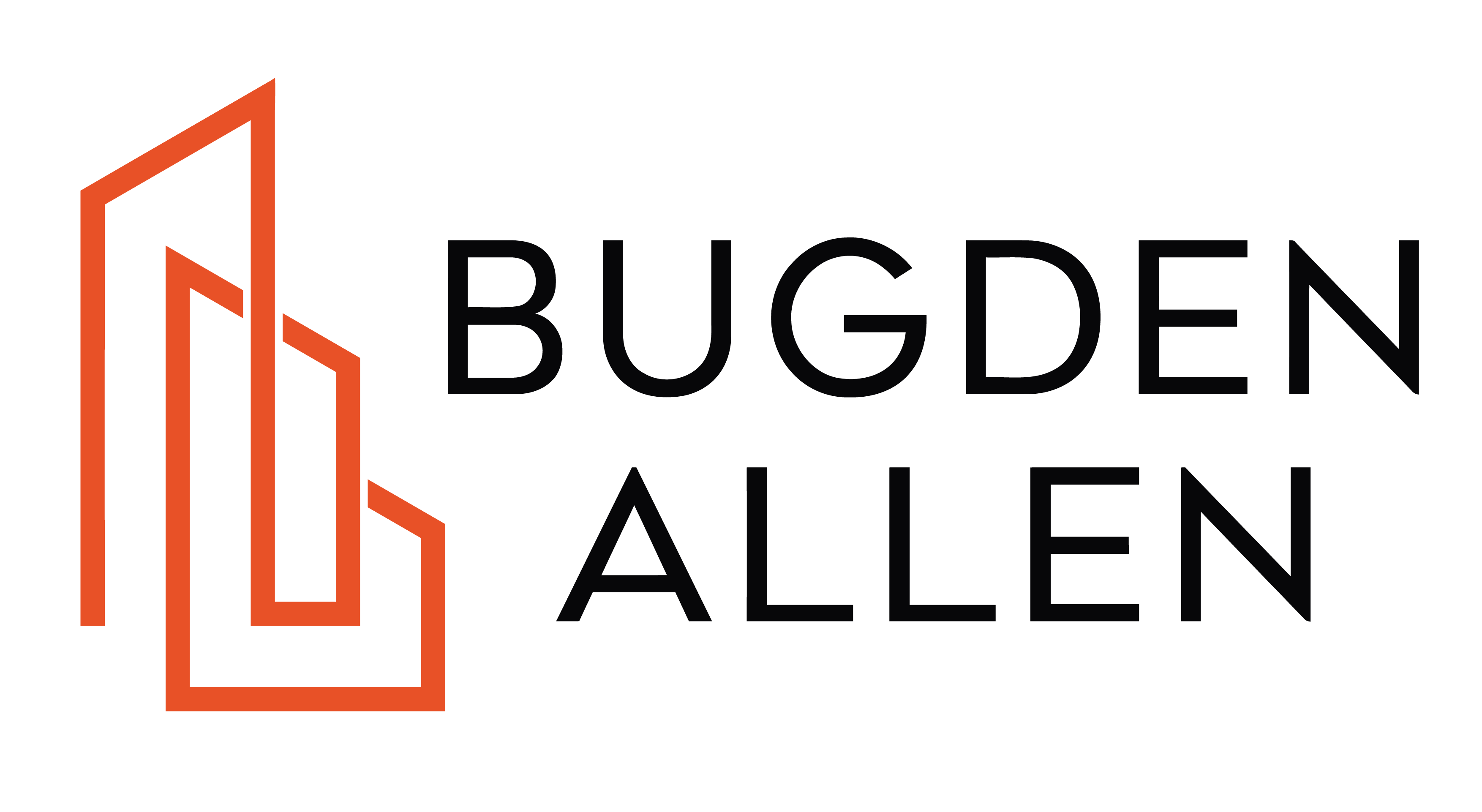NSW – Residential Tenancies Amendment Act 2024 to commence in May 2025
In October 2024, Residential Tenancies Amendment Act 2024 (the “Amendment Act”) was passed in the Parliament. The Amendment Act was complemented by the Residential Tenancies Amendment Regulations 2025 (the “Amendment Regulation”), which was introduced on 2 April 2025 and included changes to the standard form tenancy agreements in NSW. The Amendment Act has partially commenced in late 2024, while the remaining sections will come into effect on 19 May 2025.
Key changes include:
- Ending “no-grounds evictions” provisions
A termination notice issued by the landlord must set out the ground for termination. This will bring an end to the “no grounds” evictions where the landlord may terminate an agreement as long as the notice requirement has been complied with.
In terms of the grounds for termination available to landlords, the current legislation allows termination on the basis of a sale of the premises, a breach of tenancy agreement by the tenant, or the non-payment of rent or charges. The Amendment Act introduces new grounds for termination, including a potential sale, significant renovations, repairs or demolition, tenants no longer being eligible to rent the premises (because of ineligibility to participate in affordable housing scheme, transitional housing program, or ineligibility to reside in premises reserved for student accommodation or for employee or caretaker) and certain changes in the use of the premises such that it is no longer available to be rented (for instance, the premises being required for key worker accommodation, the premises no longer being used as rented residential premises, or the premises being used as the residence of the landlord or family).
The landlord or agent may be penalised if the ground is not genuine, or if they provide false or misleading supporting documents with the termination notice. Furthermore, if a termination notice is issued and the tenancy terminated, but the reason to terminate did not ensue, the landlord may not be able to enter into a new tenancy agreement within a specified tenancy exclusion period without approval of the Commissioner of Fair Trading. For instance, if the landlord terminated the tenancy on the ground of a proposed sale, the landlord is barred from entering into a new agreement within 6 months of the termination date, unless the Commissioner gives approval.
In addition to issuing a termination notice to the tenant, the landlord may be required to provide supporting documents and information based on the ground of termination. These requirements are set out in the Amendment Regulation. For instance, if the lease is terminated due to a future sale, upon issuing the termination notice, the landlord must also provide a copy of the contract of sale or a written statement from the vendor’s solicitor or conveyancer stating particulars of the sale.
- Allowing tenants to keep pets with landlord’s consent
A new division will allow tenants to keep animals with landlord’s consent. Upon the application, the landlord must provide a response within 21 days, stating:
- whether the consent is given or refused;
- if consent is given, whether it is subject to conditions and what are the conditions;
- if consent is refused, what is the ground of refusal and why the landlord considers the ground applies.
If the landlord does not provide a response, consent is deemed to be given without conditions.
Where the landlord gives consent with conditions, the conditions must be reasonable, such as requiring the carpet to be professionally cleaned or fumigated. A condition increasing rent or rental bond is an unreasonable condition.
Where the landlord refuses consent, the applicable grounds of refusal include an unreasonable number of animals being kept at the premises, the premises being unsuitable for animals, a likelihood to cause damage to the premises, landlord residing at the premises, a contravention of law or rules and tenants not agreeing to a reasonable condition. The Amendment Regulation sets out circumstances where a refusal is not permitted. For example, a landlord may not refuse to give consent on the basis that there will be an unreasonable number of animals kept at the premises, if the total number of animals at the premises will be no more than four animals.
If the tenant believes the condition is unreasonable, or the ground of refusal is inapplicable, they can bring the dispute to NCAT and seek an order to keep pets.
- Rent increases are allowed once each year for all leases
The current legislative scheme restricts rent increases to once a year with a 60-day notice, except for fixed-term leases of less than 2 years. The Amendment Act will restrict rent increases to once a year for all kinds of leases, no matter the duration of the term
These changes have taken effect from 31 October 2024.
- Other amendments to benefit tenants and potential tenants
Under the Act, the landlord and agent must provide the tenant with a method to pay rent that does not incur charges. The Amendment Act further prescribes payment methods that can be offered to tenants and allows tenants to make selection within any prescribed payment methods.
The Amendment Act also disallows the costs incurred from background checks to be charged to prospective tenants.
The new standard form of residential tenancy agreement will come into effect on 19 May 2025 and there are certain terms in the new standard form that will extend to existing residential agreements, including the restriction on rent increases, the requirement on landlord’s consent to keep pets and the applicable grounds of termination.
A comprehensive summary to the changes introduced by the Amendment Act can be located at the NSW government website: https://www.nsw.gov.au/departments-and-agencies/fair-trading/changes-to-rental-laws
— Coco Chen
Link to Government announcement: https://www.nsw.gov.au/ministerial-releases/minns-labor-government-delivers-on-rental-reform-by-ending-no-grounds-evictions-on-19-may-2025
© Bugden Allen Group Legal Pty Ltd. All information contained in this article is of a general nature only and you should obtain specific legal advice in relation to any property-related affairs on any of the topics mentioned.




